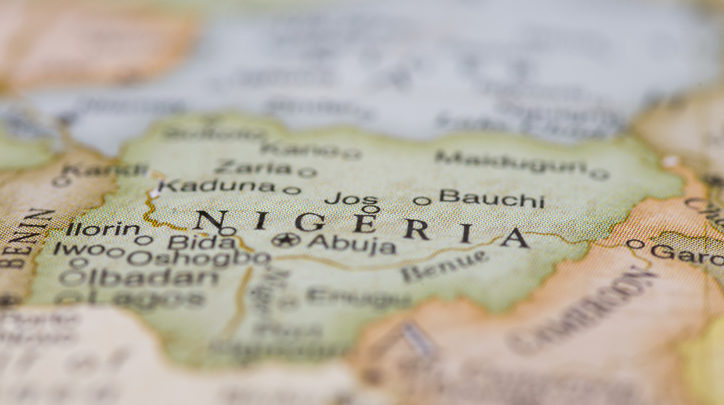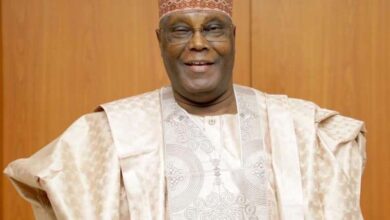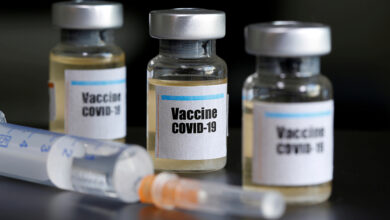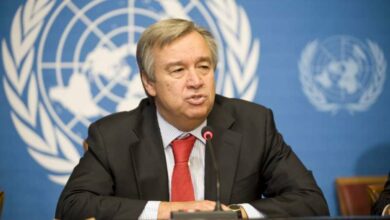Nigeria
Nigeria: Human Rights Body Says Security Forces Kill More Nigerians Than Covid-19

Nigeria’s human rights body has pointed out that the security forces have killed at least 18 people in eight separate incidents between March 30 and April 13 in the country while enforcing measures to stop the spread of COVID-19 in the country, reported the BBC. The death toll is even higher than the number of people reported to be inflicted by the disease.
Nigeria has so far recorded 407 confirmed cases of COVID-19 and 12 deaths from the highly contagious virus. In a bid to contain the spread of coronavirus, the government has imposed a total lockdown in megacity Lagos and the capital Abuja and set restrictions in other regions.
In a report released on Wednesday, the National Human Rights Commission said it had received and documented “105 complaints of incidents of human rights violations perpetuated by security forces” in 24 of Nigeria’s 36 states and Abuja, the capital.
It said that out of all the complaints recorded, there were 8 documented incidents of extrajudicial killings leading to 18 deaths.
“Whereas COVID-19 led to the death of 11 victims, law enforcement agents extrajudicially executed 18 persons in the cause of the enforcement regulations,” the report read.
The independent human rights body said the killings were carried out by the Nigerian Correctional Service, the police force and army. It accused the security forces of excessive use of power on the people.
National police spokesman Frank Mba said the commission should have been specific in mentioning about the exact number of people killed by the police.
He said the human rights body should have given all details of the people killed by the police, their number, names and places where they were killed so that the police can take appropriate actions.
Mba said the police will continue to implement the lockdown measures in line with international best practices.






